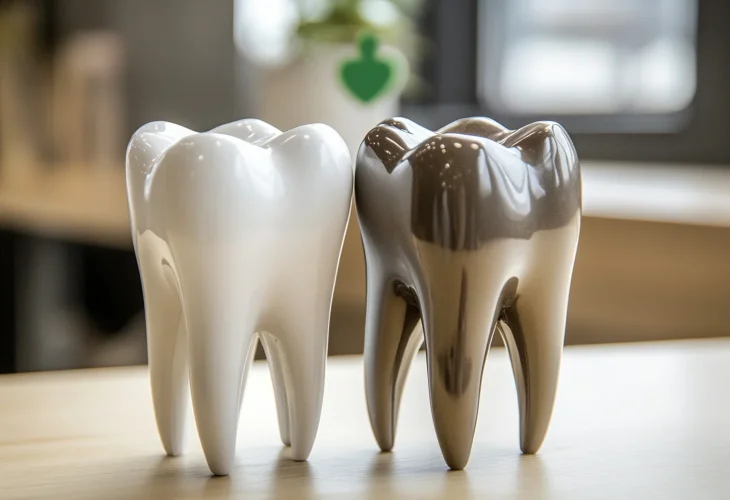Health and Nutrition
EU Bans Silver Dental Fillings: What It Means for Patients and the Environment
As Amalgam Is Phased Out Over Mercury Concerns, Tooth-Colored Alternatives Offer Safer, More Aesthetic Solutions

The European Union is officially phasing out silver dental fillings. The use of dental amalgam- a common material in fillings for nearly 200 years- will now be banned, not due to direct health concerns, but out of growing environmental awareness and efforts to reduce mercury pollution.
Amalgam is a metal alloy that includes mercury, silver, tin, and copper. It has long been favored for its durability and affordability. However, concerns about the environmental impact of mercury have persisted for years. In line with the Minamata Convention of 2017, which aims to reduce global mercury emissions, the EU is tightening regulations. Beginning in 2026, the ban will extend to other mercury-containing products, including certain types of light bulbs.
This shift will affect both dental clinics and patients. Alternative materials like composite resin or porcelain fillings offer a clear aesthetic advantage as they blend more naturally with the color of the tooth. However, these options tend to be more expensive and require greater precision and skill from the dentist, which can increase the overall cost of treatment.
The move away from amalgam raises questions about long-term durability, especially in molars, which are exposed to heavy chewing forces. Still, dental experts note that advances in modern restorative materials are closing the gap in both strength and longevity.
The EU's decision marks the end of an era dominated by a strong, low-cost material, in favor of more environmentally friendly and visually appealing alternatives. Dentists will need to adapt their techniques, while patients can look forward to more natural-looking smiles, albeit at a slightly higher price.

